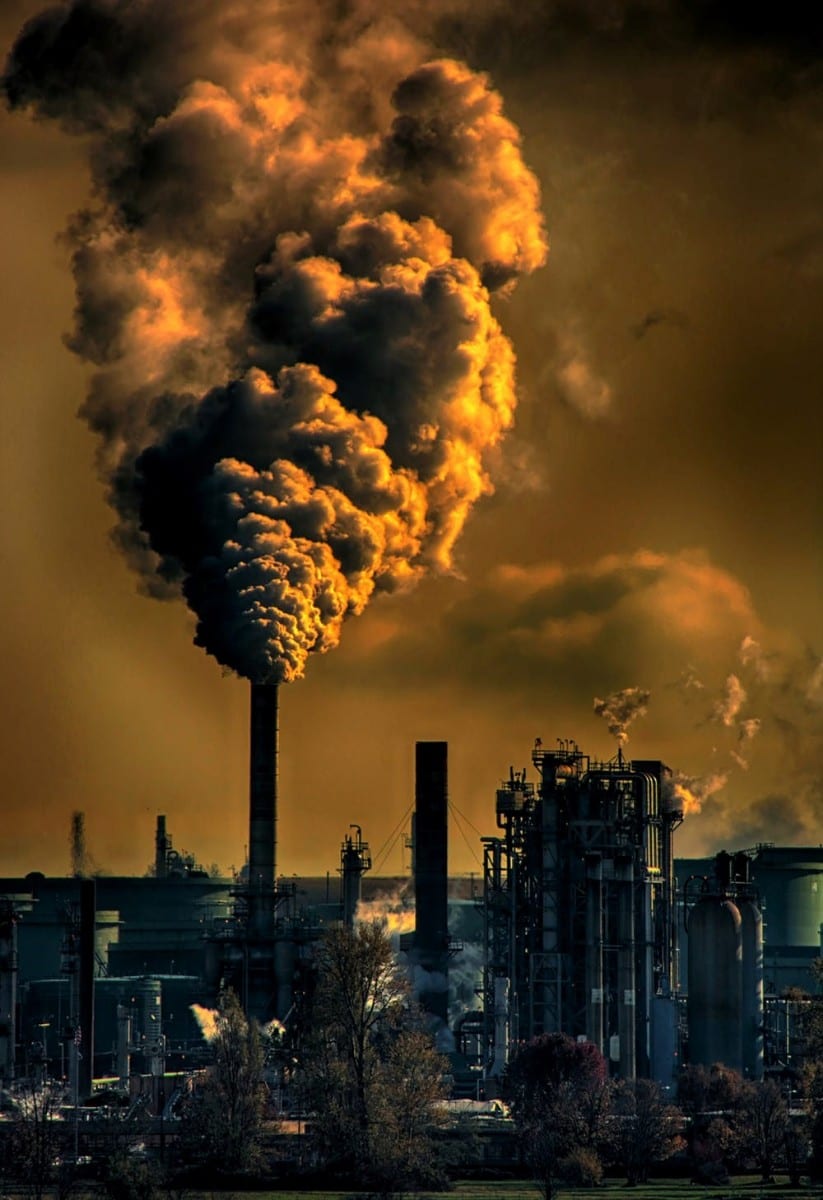 Image Courtesy of Pexels
Image Courtesy of Pexels
The Trump Energy Deregulation Effect
Since the beginning of his presidency, Trump has been steadfast in attempting to end the “war on coal” by pulling back regulations on all fossil fuels. The economic, security, and social costs of carbon have taken a backseat to his “energy development” agenda. As a result, his administration continues to revise, rollback and reverse policies in the power and transportation sector that were designed to minimize negative externalities, fight climate change and influence sustainable energy innovation. Below I have assessed the combined consequences of these rollbacks.
The Environmental Protection Agency (EPA) continues to lower standards on common-sense policies like the Clean Air Act, and no longer requires oil and gas companies to report one of the most potent greenhouse gases–methane. The EPA also weakened the requirements for companies to monitor and repair methane leaks derived from their drilling. Without evaluation and reporting, companies are no longer concerned with maintaining their emissions equal to what they would achieve using carbon capture and storage technology. This will increase fine particulate matter and additional exposure to pollutants such as sulfur dioxide, nitrogen oxides, mercury, and others (about 380,000 tons of volatile organic compounds and 3,800 tons of other hazardous air pollutants annually). As a result, 15,000 people will acquire respiratory and cardiovascular issues and cause over 1,400 deaths annually.
Millions of acres that once protected ecosystems are now logging, mining, or fracking property available for commercial lease. These lifts in restrictions also apply to oceans, allowing previously off-limit areas susceptible to offshore drilling. Despite the low industry demand, the Arctic has been approved for drilling, and eleven marine monuments are under consideration for the administration’s strategy to encourage energy development. Despite these industry revisions, firms are reassessing the cost-benefits of offshore drilling, and therefore are hesitant to pursue the venture. By not protecting our public lands from development, it creates additional stress to our natural resources which provides carbon sinks and fosters clean air.
The Obama era’s Clean Power Plan placed strict restrictions on the power sector by requiring them to cut carbon emissions by 32% from 2005 to 2030; a necessary step for the U.S. to meet its commitments under the Paris climate agreement. Currently, the Trump’s administration has pulled out of the Paris Agreement and is attempting to replace this regulation with their lenient Affordable Clean Energy rule. The new rule would increase emissions of up to 61 million tons of carbon dioxide, 52,000 tons of sulfur oxides, and 39,000 tons of nitrous oxide annually by 2030. The current status of this policy remains in litigation.
With a 5% success rate, the administration’s legal disputes have had little success thus far. Many of these cases are locked in litigation, and with the historic government shutdown, the courts are backlogged to the point that the cases may never reach a judge before the new presidential election. One of the few cases that has been settled is the administration’s attempt to revoke the Department of Transportation’s conscious carbon tracking and accountability policies. This regulation was implemented to help reduce the transportation sector’s climate and air quality impact. Thanks to a lawsuit filed and won by the Natural Resources and Defense Council, the EPA must rewrite and pass the carbon rule if they want to change it–buying the climate some time.
These are just a few of the 80 environmental deregulations imposed, therefore the net effects on the population, environment and security are alarming. Unfortunately, these deregulations impede the progress needed to rapidly address, adapt and mitigate climate risks holistically. With the threats to health, premature deaths and increased greenhouse gas emissions, this administration’s energy development agenda is not worth the trade-off.





